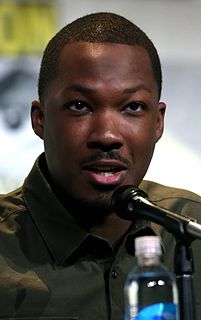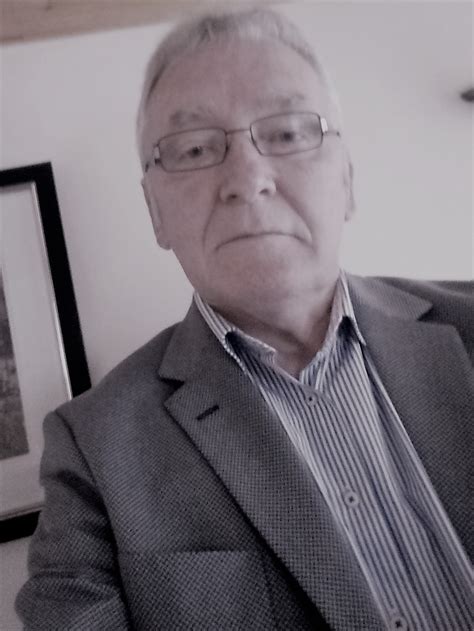A Quote by Peter Hedges
So much of writing is about what characters don't say, and in the early drafts, sometimes things get overwritten.
Related Quotes
Just the fact that there's motion and sound, took me a long time on Walking Dead to get used to the fact that in television, characters don't have to say things. In comics, people have to say I feel this way, or I want to do this, and you can do so much with gesture and movement and facial expressions that you can do sometimes facial expression stuff in comics, but you can do so more if somebody can move around without actually speaking. That leads to a different style of writing between the two mediums.
If you get the characters right you've done sometimes nearly half the work. I sometimes find I get the characters right then the characters will often help me write the book - not what they look like that's not very important - what people look like is not about their character. You have to describe the shape they leave in the world, how they react to things, what effect they have on people and you do that by telling their story.
Like a lot of us, sometimes I'm preaching to the choir, and sometimes my voice doesn't even get heard at all. Sometimes I think that what I'm writing now might not even have an impact for the next three or four generations. Sometimes I sit there and write, and I think, "It'll be two hundred years before they get what I'm writing about."
When I'm writing a script, I don't worry about plot as much as I do about people. I get to know the main characters - what they need, what they want, what they should do. That's what gets the story going. You can't just have action, you've got to find out what the characters want. And then they must grow, they must go somewhere.
I think I'm drawn to more villain-type characters, because it's so cool to get to say all the things you want to say. In Hollywood, you get to this position where you have to bite your tongue so much. You take all your experiences of not being able to say what you really want to say, and channel that through your character.
I used to say to myself, 'Well, in the old days everybody danced because they loved to dance, and there was none of this professional garbage going on about how much can you get for this or that or the other, or any of the kinds of things that insecurity can sometimes promote. Sometimes it's for the wrong reasons.'
The nature of acting is that one is many characters and jumps from one skin to another as a way of life. Sometimes it's hard to know exactly what all of your characters think at the same time. Sometimes one of my characters overrules one of my other characters. I'm trying to get them all to harmonize. It's a hell of a job. It's like driving a coach.







































